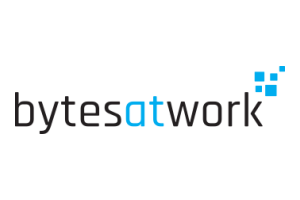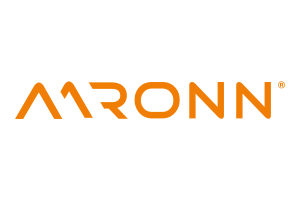COM-HPC
PICMG releases PMI Specification
PICMG, a consortium for developing open embedded computing specifications, announces the release of the COM-HPC Platform Management Interface (PMI) specification. It provides a framework of remote and out-of-band platform management features for COM-HPC. It is freely available on the PICMG website.
COM-HPC is an open Computer-on-Module (CoM) form factor standard for High-Performance Computing (HPC) that combines high-end I/O bandwidth with edge computing performance. COM-HPC modules plug into an application-specific carrier board and offer OEMs an application-ready computing core. This helps to accelerate design cycles, reduce Non-recurring engineering costs (NRE) and increase Return on Invest (ROI). Further sustainability by extending longevity options beyond a certain processor family or module vendor.
The COM-HPC PMI specification is a supplement to the COM-HPC open standard and serves as a guide on how to achieve interoperability between COM-HPC modules from different vendors and combinations of carrier boards. It adapts the Intelligent Platform Management Interface (IPMI) specifications to COM-HPC designs and touches the implementation of Redfish features.
IPMI is a collection of side-band/out-of-band management commands that are used for system interaction. IPMI firmware generally runs on a board management controller, a discrete integrated circuit that is accessed via a network connection and/or serial interface, and/or LPC/eSPI. Redfish, a standard managed by DMTF, provides a Representational State Transfer (RESTful) interface for the management of systems. Redfish is still under active development, and it continues to evolve as new use cases are discovered.
The COM-HPC PMI document describes three different PMI maturity levels for modules and two for carrier boards. The modules’ PMI maturity levels range from unmanaged module (M.U) and basic managed modules (M.B) to fully managed modules (M.F). Carrier board levels range from unmanaged (C.U) to managed carrier boards (C.M). The goal of specifying these different levels is to allow interoperability between multiple modules and carrier board designs. The different module management capabilities are broken down by their adherence to a set of IPMI commands. The modular COM-HPC Platform Management Interface specification is available for download on the PICMG website.





